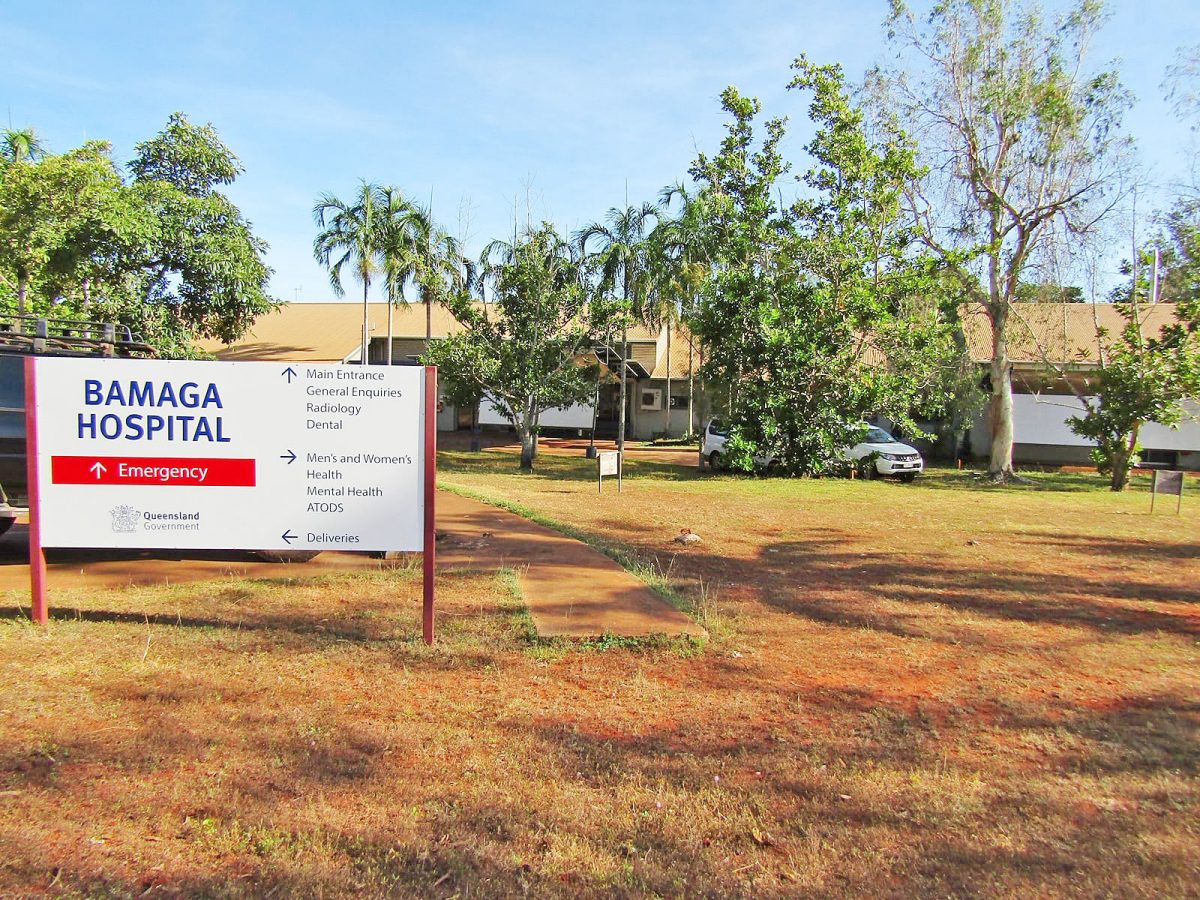
A two-year-old girl died at Bamaga Hospital on Thursday after she was presented multiple times for diarrhea/gastro-like symptoms.
THE mayor of the Northern Peninsula Area Regional Council has spoken out against the Torres and Cape Hospital and Health Service after a two-year-old girl died in Bamaga Hospital on Thursday from a “preventable illness”.
Cape York Weekly understands the child, from Umagico, was presented to the hospital several times with diarrhea/gastro-like symptoms.
The girl was given panadol and sent home, a community representative said.
However, the family presented the child to the hospital several times, concerned about the girl’s welfare. She later died in the hospital on Thursday.
Mayor Patricia Yusia said it was an avoidable tragedy.
“Northern Peninsula Area Regional Council is saddened to hear of the passing of a two-year-old child in Bamaga,” she said.
“The loss of any life, especially a child, is heartbreaking, especially in remote communities such as ours.
“Our communities are shocked by this tragedy and deeply upset at this moment.
“NPARC understands that the coroner is currently reviewing this case, and strongly urges the coroner to consider an inquest to prevent the future loss of life of children within our communities.
“The loss of a child to preventable illness in 2023 is inexcusable, and this is not the first time that our health system has failed the children of the NPA.”
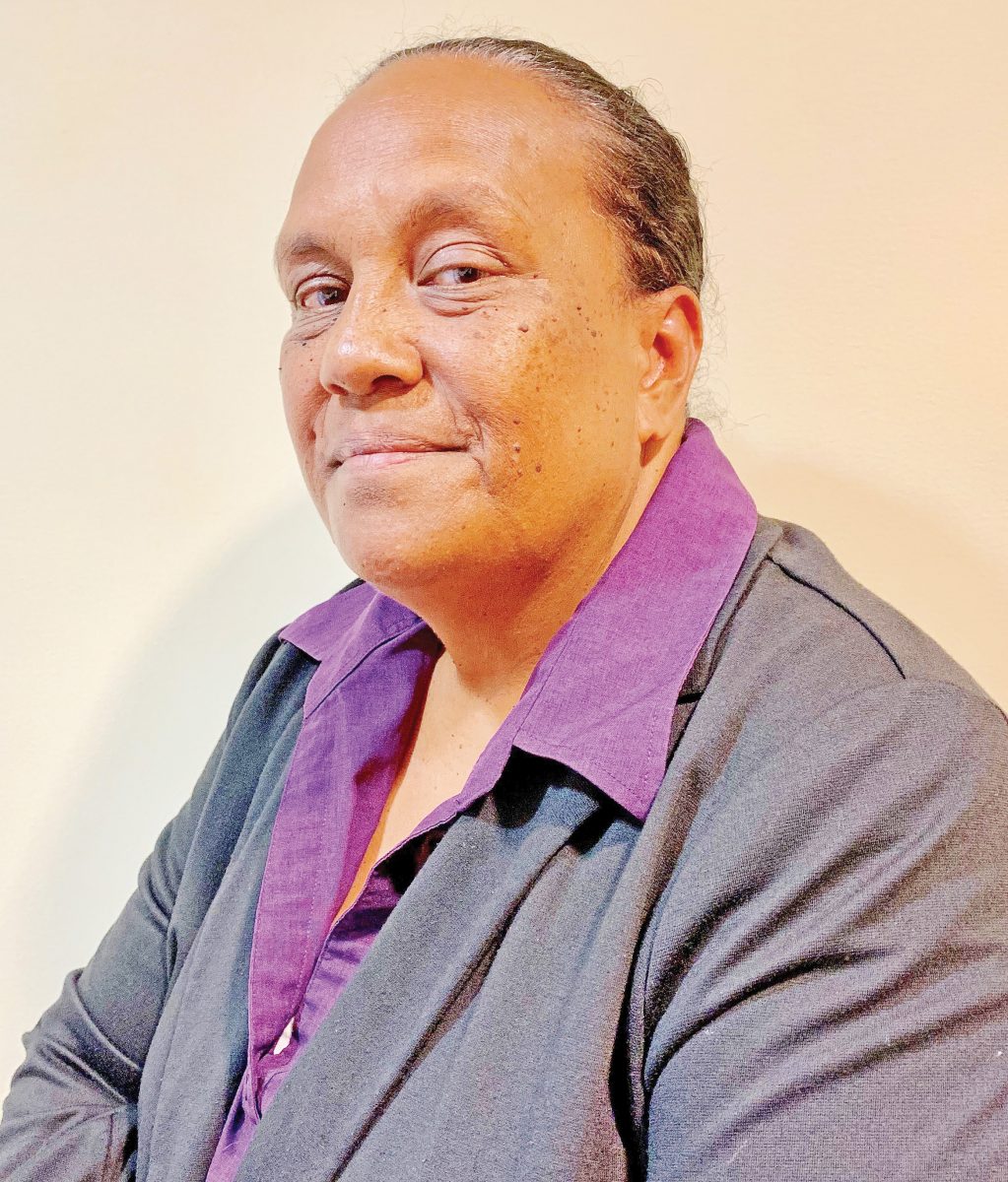
NPARC mayor Patricia Yusia says the child’s death was avoidable.
Cr Yusia called on the TCHHS to provide a statement to the community.
“Torres and Cape Hospital and Health Service need to provide some answers to the community as to how they allowed this tragedy to occur,” she said.
“NPARC has raised complaints consistently with leadership at the Torres and Cape Hospital and Health Service with little action.
“We strongly believe urgent intervention is required to ensure we have a robust health system that can care for our children and communities.
“Our people have the right to good healthcare and we will not settle for subpar health service delivery.
“Our deepest sympathies and condolences to the family and community during this time.”
In a statement, TCHHS chief executive Beverley Hamerton expressed her condolences to the family of the girl.
“My sincere sympathy goes to the family during this extremely difficult time,” she said.
“Our health service staff are committed to delivering the best possible care at all times and our Bamaga Hospital staff worked hard to save the child’s life when the family presented to hospital.
“Our staff are Bamaga Hospital are providing support to the family during this time.
“All appropriate care was provided to the child.
“Due to confidentiality, and as the matter has been referred to the coroner, we are unable to provide further comment.
“This is not the time for speculation. The coroner will provide accurate information on this matter once they have reviewed it.”
This is not the first time the Queensland Health body has faced scrutiny in Bamaga.
In 2020, Queensland’s Office of the Health Ombudsman (OHO) released a damning report about the Bamaga Hospital after a six-year-old boy died after he was presented to the facility in 2017.
Charlie Gowa was taken to Bamaga Hospital on Thursday, January 5, 2017 after waking up unwell. Staff at the hospital said that he had a stomach bug and sent him home with an ice block and panadol.
His condition continued to get worse and his family took him back to the hospital on Friday, Saturday, Sunday and Monday before he was admitted on Tuesday, January 10, 2017. He was then flown to Cairns Hospital, where he was placed in an induced coma.
Four days after being admitted, Gowa died from overwhelming sepsis, which resulted from a delayed diagnosis of melioidosis – a bacterial infection found in tropical areas.
The OHO found that whilst Gowa presented to the hospital’s emergency department consecutively from January 5 to 10, the hospital’s clinical records only commenced on January 9. This lack of documentation was a “substantial deficit in the quality of care”, according to the clinical advisor referenced in the report.
The report presented 20 recommendations, which included cultural competency and appropriate documentation processes.
It noted Gowa’s case was an example of the “ongoing challenges and barriers the hospital and community face”.



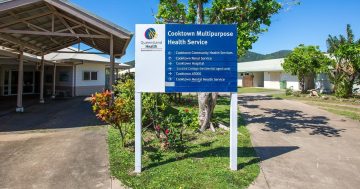



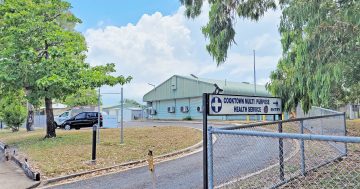


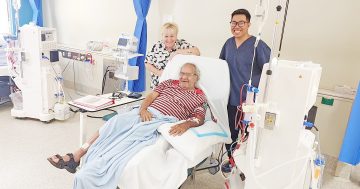

Hi Sally, have you contacted Council at [email protected]? Staff don't monitor Facebook groups… View